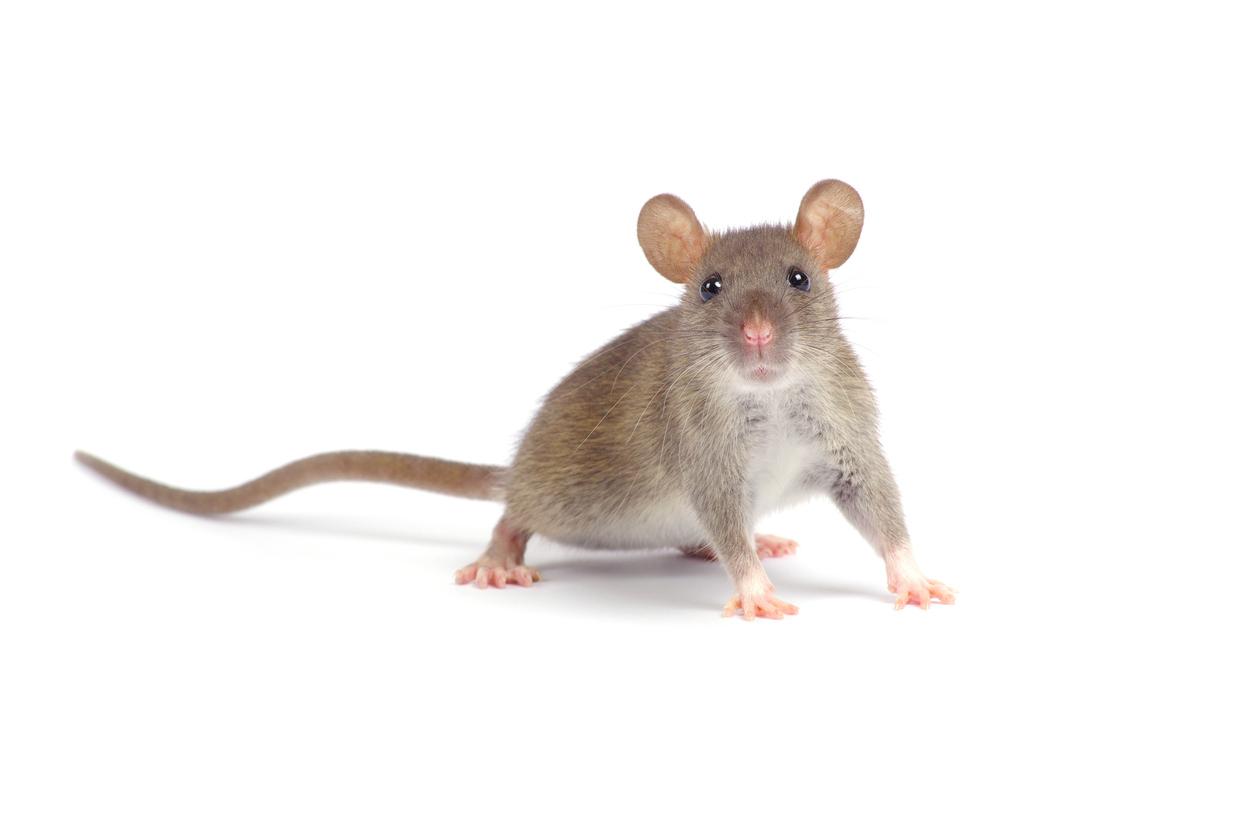French researchers have succeeded in reducing compulsive behavior in mice using optogenetics, a technique combining light stimulation and genetic engineering. Hope is reborn in patients with OCD.

Is the ordeal for people with obsessive-compulsive disorder about to end? The hypothesis is now possible. An experiment conducted at the Massachusetts Institute of Technology in Boston by French researchers from Inserm has indeed succeeded in reducing the compulsive behavior of mutant mice.
Previous studies in neuroimaging had, in the past, identified in people with OCD, dysfunctions in neural circuits. This is why in this new study, Eric Burguière and his collaborators at Inserm focused their research on this neural circuit to both examine its function in detail and develop an approach to treat the compulsive behaviors of a model. mutant mice.
In these mice, OCD resulted in repeated grooming throughout the day that could trigger skin damage. On the one hand and from a physiological point of view, these animals did not express a protein, normally present in neurons, and associated with functions such as learning sequences, the emergence of habits, or even decision making. On the other hand, the researchers were able to show, thanks to recordings of the activity of neurons, that a failure in the brain of mice led to hyperactivity of neurons in these rodents, another cause of these OCD.
To overcome these disorders, the researchers then used optogenetics, a technique combining light stimulation and genetic engineering. They thus succeeded in restoring normal behavior in mice exhibiting repetitive behaviors comparable to OCD in humans. In more detail, the researchers excited the neurons of the cortex by light stimulation, the compulsive behaviors of the mice were then largely attenuated. On the other hand, outside of these periods of stimulation, compulsive behaviors reappeared. “Our findings show that selective stimulation of the circuit can restore normal behavior in mice exhibiting repetitive pathological behaviors”, explains Eric Burguière. And the researcher added, “this study is promising from a methodological point of view because it shows that the approach with the optogenetic technique will be able to identify the role of neuronal circuitry in the brain which, if they are dysfunctional, can cause pathological behavior ”. No doubt a hope for patients with OCD.
Repetitive behaviors are characteristic of a number of neuropsychiatric diseases, especially in OCD where they can develop compulsively to the point of becoming a real handicap for daily life (washing hands up to 30 times a day, check excessively that a door is properly locked, etc.). In France, it is estimated that more than a million people are affected by this disorder.
.

















